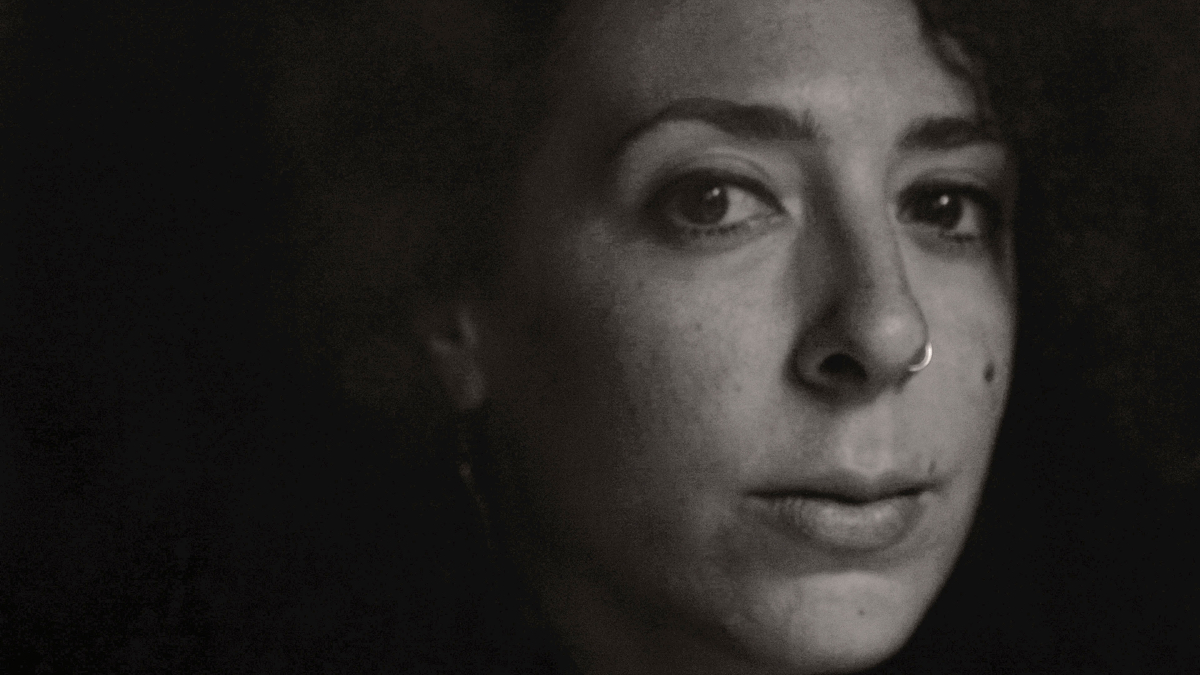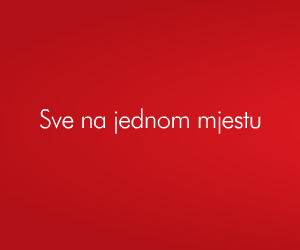
22/08/2020
The author of the winning film: ‘Underdown’ is the result of the complete chaos of Beirut
Like thousands of others who lost their homes in the catastrophic explosion that struck Beirut, Lebanese director Sarah Kaskas is currently dislocated and, as she states, lives 'from moment to moment'. Even though we arranged the interview on the occasion of the screening of her film 'Underdown’ at the 21st Mediterranean Film Festival, it was also an opportunity to describe the present they are experiencing, protests and the complete chaos that, as she says, has gripped her city. It is hard to explain what is happening. There are no words to describe the shock of such a great loss. Communities and volunteers work endlessly to clean the streets and homes from glass, wood and concrete. There are ongoing protests. Just like hundreds of thousands of people immediately affected by the explosion, we live from moment to moment. Our primary focus is to try to regain some form of the feeling of security. My next step is to clean my apartment from all the devastation so I could estimate where to start further.
The Lebanese president, among other things, stated there were indications of foreign involvement in the explosion.
News and theories are constantly changing. Up to now, there are no clear answers on how this explosion occurred. This is, of course, an important question to answer, but not as important as understanding why all that explosive material just sat there for seven years. We blame the government for their complete negligence and incompetence. We still don’t have the answers and all they were doing was pointing a finger at each other and not at themselves. The Lebanese government is a synonym for corruption and this explosion has exposed them and portrayed them as criminals, which they are.
The Revolution of October 17 was definitely a catalyst?
Yes, for a slow change. In addition to repeatedly pointing to a corrupt system, the protests created a change of discourse and removed the fear of freedom of speech. A few years ago we would have been arrested or even kidnapped if we were talking against political elites and warlords. Today, the whole nation calls them out by name and demands justice.
In your film, you don’t call out anyone?
I never wanted to make a political film, mostly because I didn’t want to give any of the corrupt elite extra attention.My goal was to emphasize people who survived their cruelty. Any political references made in the film are solely from the perspective of the main role models themselves. As a director, I wanted to present the misfortune that politicians leave behind through visual and audio elements such as overcrowded buildings, half-built plumbing and other segments of Beirut residents who are complaining about electricity and healthcare.It was important for me to show the results of a complete chaos, which people were talking about.
How did you get to your protagonists and how did you manage to put together three seemingly incompatible stories?
I spent more than a year in the research phase. I knew I wanted to show how the corruption of the Lebanese government affects people on a humanitarian level, but I wasn’t sure how I was going to present it.Towards the end of my research I had ten characters with amazing stories, but it was clear that I would not be able to give them all the focus they deserve.I decided to focus only on Abu Houssam, Ali and Samya. To me, these three characters represent a family that is suffocating under the weight of corruption. They are the voice of a growing number of people living below the poverty line.They are also symbols of how this government is abolishing basic human rights regardless of your nationality or religion, because Abu Houssam is a Palestinian Muslim, Ali is a Syrian Muslim, and Samya is a Lebanese Christian. It was important for me to emphasize that there is no special treatment if you are Lebanese.As long as you live under the auspices of the government, you are going down.
Who are these people, located, as you say, underdown?
The film ‘Underdown’ started from my own feelings of frustration and sadness of living in Beirut.Even with a steady job and closeness to the community, I still felt deprived of my basic rights as a human being. Corruption runs so deep in my country that no one is immune to it. Our infrastructure is falling apart, all of us are suffering from constant power outages and all the dreams we are working on are eventually shattered. I wanted to turn those feelings into a movie, but I knew there were voices out there that could articulate that despair more strongly.I decided to focus on characters living below the poverty line because they are truly the most effective, which makes their struggle for survival more important. It was also important for me to highlight their coping mechanisms, their dependence on the community, their humour, and the darkness of addiction.
The one who is not satisfied with himself cannot be happy - this is one of the messages of the broken-hearted taxi driver, Abu Houssam.
Yes, I have always considered Abu Houssam a wandering philosopher lost on the streets of Beirut.His intellect and sensitivity really inspire me and I still quote him to this day. I think his message of self-satisfaction leading to ultimate happiness is very strong and true.He has sacrificed so much in search of his own happiness and is content no matter what people think of him.It doesn’t remove the mess, but it gives him the will to continue to survive and I believe it’s a small ray of light in a very dark tunnel.
There is hope finally?
I think that hope is very subjective. ‘Underdown’ ends in a full circle that we know will repeat because of a system that controls everything.Yes, there are small victories for which Samya received humanitarian aid to pay for her mother’s surgery.But in the end, there is still no health care and when Samya finds herself injured, she is just going back to where she started raising money for treatment.Day by day, there is hope at all times, yes, but the bigger picture is the dark loop of chaos.
You are Lebanese, born in America. You have experienced both worlds?
I left America at a very young age, but I have travelled a lot in my adult life and experienced what the world has to offer. My heart is in Beirut forever and will always be a source of inspiration to me because of its diversity, madness and sense of community.I feel that this is a beauty that cannot be found anywhere else. Where is life more beautiful? To quote Abu Houssam: 'When you are satisfied with yourself, you can be happy.'
*Text published in Večernji list


